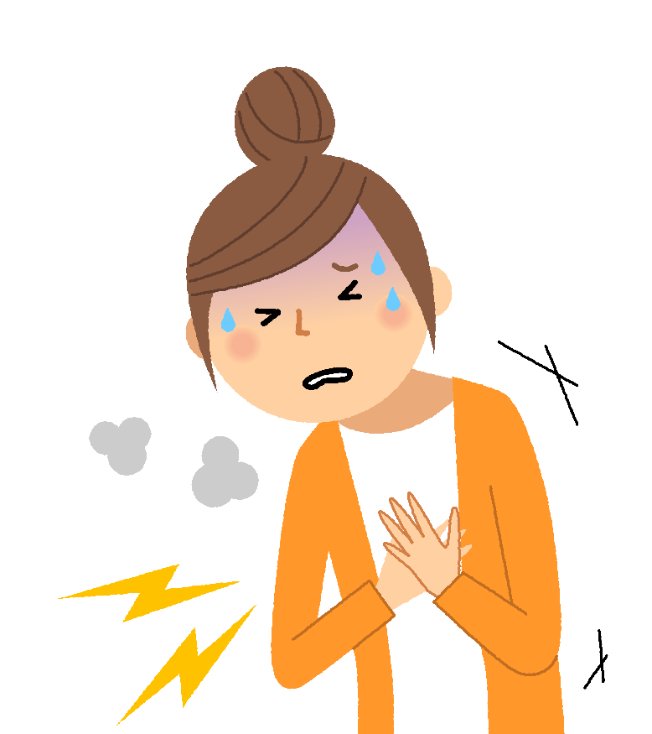Bristol Myers Squibb’s first in class drug mavacamten (brand name Camzyos) has been approved by Health Canada for the treatment of obstructive hypertrophic cardiomyopathy.
Author: hcmbeat
Longer Term Results for Mavacamten
The VALOR-HCM trial was a Phase 3 clinical trial which compared the Bristol Myers Squibb drug mavacamten (brand name Camzyos) to septal reduction therapy (myectomy and septal alcohol ablation) over a 16 week period. At the end of the 16 week period, the patients originally randomized to the placebo were prescribed mavacamten, while those originally prescribed mavacamten continued taking the drug for an additional 16 weeks for a total of 32 weeks
At last weekend’s American Heart Association meeting in Chicago and simultaneously published in Circulation, lead investigator Dr. Milind Desai of the Cleveland Clinic announced that after 32 weeks of mavacamten treatment, patients continued to see positive cardiac remodeling, as well as improvement to left ventricular outflow tract gradient, diastolic function and quality of life. This ultimately allowed a whopping 88% of patients enrolled in the trial to avoid a septal reduction procedure.
Similar results were noted in those patients who began mavacamten after an initial 16 weeks on a placebo.
This is good news for HCM patients!
The Future of HCM Treatment
Doctors from the University of Pennsylvania this week published an overview of current therapies available for the treatment of HCM. While this article mentions all of the old standards – beta blockers, calcium channel blockers, myectomy and alcohol ablation, the real focus is on the future of HCM treatment. In particular, the article describes several new and/or experimental therapies which look promising for the future.
Ranolazine Improves Chest Pain in HCM
A recent paper by Italian HCM specialists found that chest pain completely resolved for 73% of patients who took the drug ranolazine. The researchers also found that the drug was safe and well tolerated. In addition, it reduced arrhythmias for those whose arrhythmias were triggered by ischemia and it improved biomarkers in HCM patients.
This study is a follow up to the 2018 RESTYLE-HCM study, which found that while ranolazine did not improve heart failure symptoms in HCM, it was useful for treating chest pain.
Apical Aneurysms in HCM
A recent paper published by doctors at Canada’s Peter Munk Cardiac Center looked at the implications of left ventricular apical aneurysms in hypertrophic cardiomyopathy, This paper recommends that patients with an apical aneurysm of at least 2 centimeters consider prophylactic anticoagulant therapy to prevent stroke, as well as considering surgical placement of an implantable defibrillator to protect against sudden cardiac death.
A companion editorial suggests caution in basing aggressive measures on an aneurysm alone and says that all risk factors be considered together.
In 2017, HCMBeat covered a retrospective study of patients treated at Minneapolis Heart Institute and Tufts which discussed the risks for patients with apical aneurysms. That can be found here.
Promising Data about Aficamten Presented at Meetings
Encouraging data about the Cytokinetics investigational drug aficamten was presented over the weekend at 2 scientific meetings held in Washington D.C.
Continue reading “Promising Data about Aficamten Presented at Meetings”
Medtronic ICD Recall
The FDA has announced a Class I recall of certain models of Medtronic implantable defibrillators and cardiac resynchronization therapy defibrillators. The statement from the FDA can be found here.
Myectomy: Still the Gold Standard for HOCM
An expert panel comprised of many of the world’s top HCM experts recently published a retrospective analysis in The American Journal of Cardiology which looked at septal myectomy over the last 60 years of practice.
Beginning with the introduction of the procedure at the National Institute of Health in the early 1960s, this paper surveys the history of the procedure until the present day. The conclusion of the paper is that myectomy remains the best treatment for patients with obstructive hypertrophic cardiomyopathy.
Continue reading “Myectomy: Still the Gold Standard for HOCM”
Gene Therapy – Is HCM Cure Possible?
A team of international genetic researchers has just won “The Big Beat Challenge” – a grant from the British Heart Foundation of £30 million ($36 million) payable over a 5 years period to study potentially curative gene therapies to treat genetic cardiomyopathies.
A Professional HCM Society is Born
Social media erupted this week with exciting news for the HCM community A new professional society specifically devoted to the study and treatment of hypertrophic cardiomyopathy has been launched. The name is the HCM Medical Society and its new website can be found here.
Founding members of the Board of Directors include many of the top HCM clinicians and researchers from around the world.
The HCM Society will focus on “clinical excellence, research and education” and will hold its inaugural meeting on Friday, September 30 in Washington D.C.
This is wonderful news for HCM patients, and HCMBeat hopes to have more about the future plans for HCM Society in the coming weeks.










